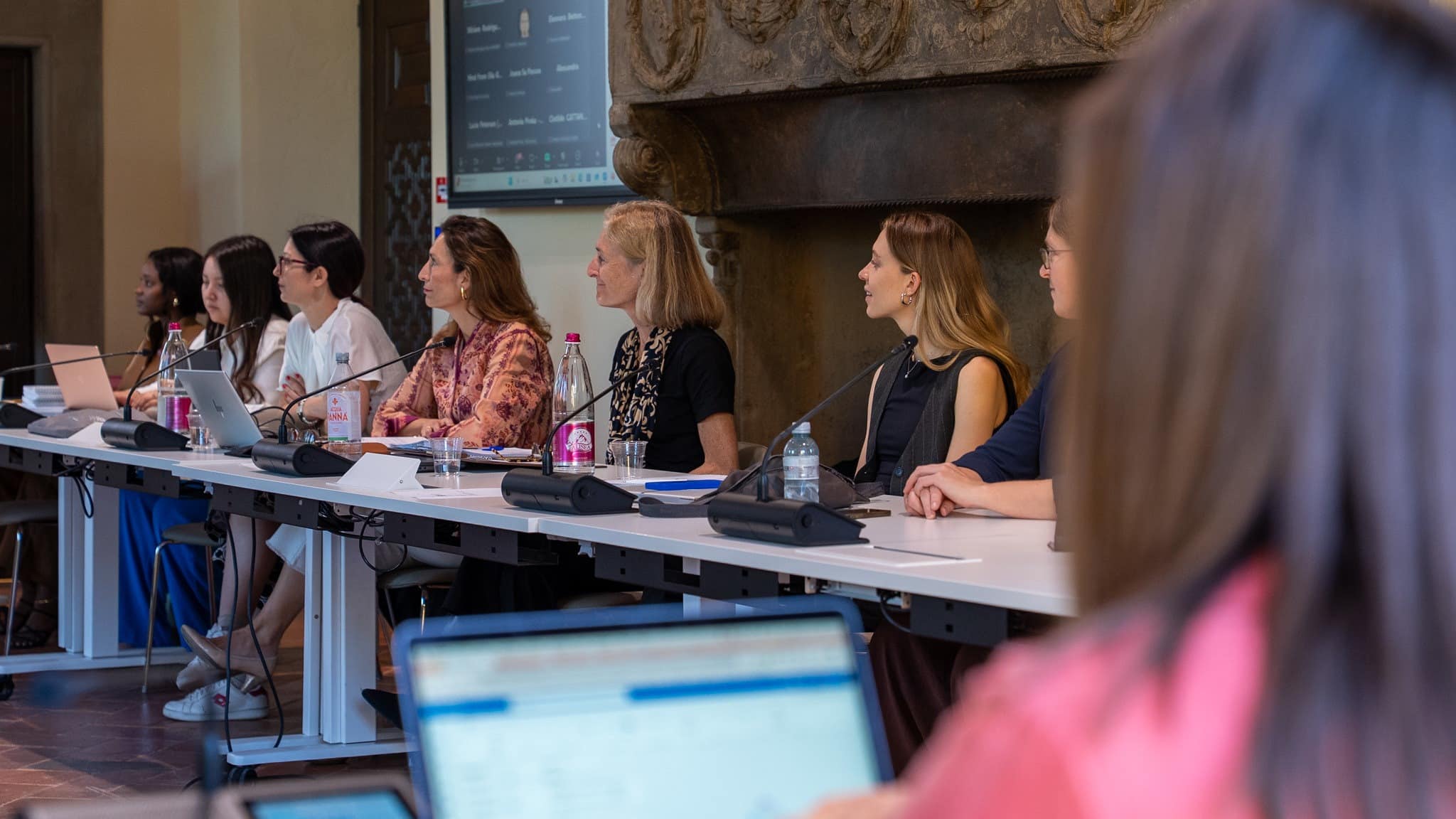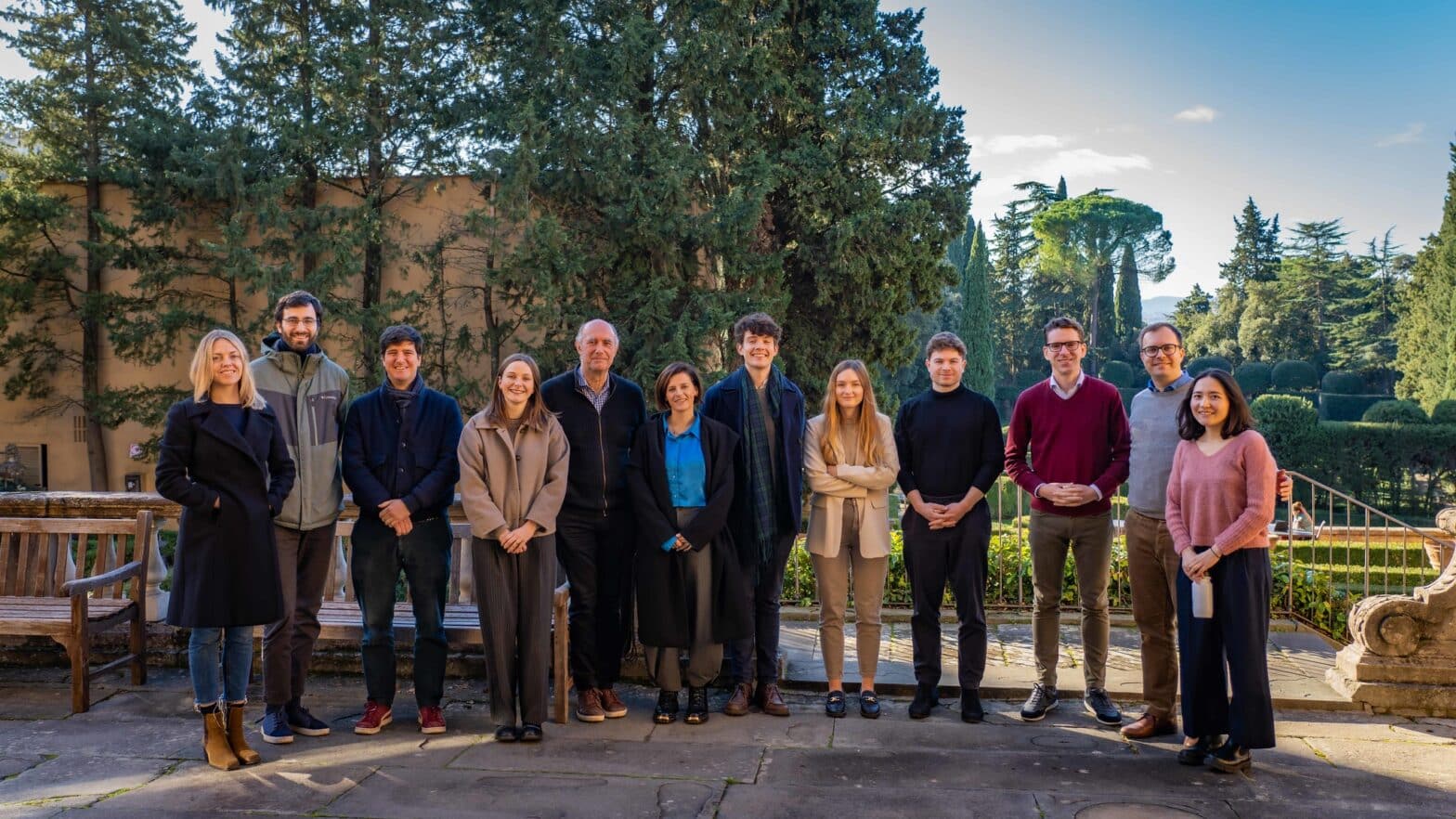A picture of security of supply from both a traditional and a new perspective
Highlights from the online talk: Security of Supply through the new lenses of Energy System Integration

On November 4, the Florence School of Regulation organised an “FSR Talk” with two International Energy Agency experts – Sylvia Beyer and Gergely Molnar, and FSR Director professor Jean-Michel Glachant. The event hosted and moderated by Ilaria Conti – Head of FSR Gas Area – was an excellent opportunity to discuss the recent IEA’s reports, which looked at the concept of security of supply from both a traditional and a new perspective related to the energy system integration.
Watch the recording:
Gergely Molnar presented the Global Gas Security Review 2020, which was already a 5th edition of this report. Here are some takeaways from his presentation:
- Due to the Covid19 pandemic natural gas consumption is expected to decrease by 3% in 2020, other fossil fuels – oil and coal consumption was hit harder
- The recovery of global gas demand is expected in 2021, but it will be gradual process with different dynamics in different regions
- In the near future new opportunities arise for LNG due to long-term contract expiry and the increase in export capacity
- As the LNG market becomes more liquid and less predictable, the IEA will move to quarterly revisions on latest market analysis and short-term projections.
Sylvia Beyer presented the results of two IEA’s recently published reports: Review of EU Energy Policies 2020 and Power Systems in Transition. Challenges and opportunities ahead for electricity security. Here are the main takeaways:
- IEA recommended to the EU to put the energy sector at the heart of Covid-19 recovery program and focus on three areas: energy efficiency, renewables and digitalisation.
- Digitalisation can bring new opportunities for the energy sector, i.e. by linking various flexibility sources, but poses new challenges related to the governance of digitalised world and cybersecurity risks.
- IEA’s report highlighted the need for further EU energy system integration linking different energy carriers and energy users. To this objective, a number of significant changes is required such as the coordination of policies across different sectors, reduction of regulatory barriers, creation of framework for digitalisation, fostering independent system operators, safety standards and investment in technology and innovation.
Find the presentations:
Don’t miss any update on this topic
Sign up for free and access the latest publications and insights















